Chico Mendes Chair for Environmental Sciences awarded to University of Birmingham’s Brazil Institute
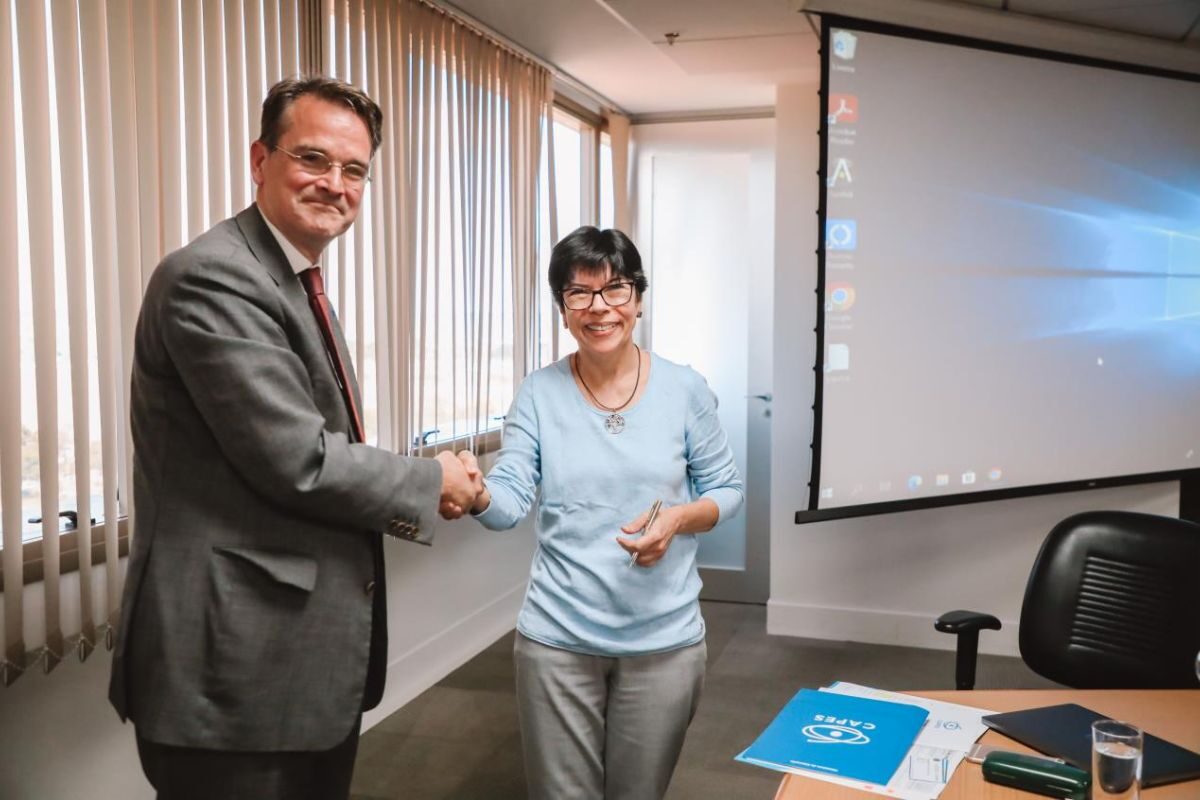
The University of Birmingham and the Brazilian federal funding agency for graduate education, CAPES (Coordenação de Aperfeiçoamento de Pessoal de Nível Superior), have signed a partnership agreement to inaugurate the Chico Mendes Chair Programme at the University of Birmingham.
CAPES has committed to support an annual visiting Chair appointment, with an associated one-year postdoctoral and sandwich PhD fellowship, over a five-year term. This will bring 15 Brazilian academics to Birmingham to build collaboration across Environmental Sciences, Climate Change, Ecosystems, Sustainability, and Societies and Environment.
Professor Mercedes Bustamante, President of CAPES, and Professor Robin Mason, Birmingham’s Pro-Vice-Chancellor (International), signed the agreement at CAPES’ headquarters in Brasilia.
The programme is named after the Brazilian rubber tapper, land rights leader and environmentalist Chico Mendes (1944-1988), who was assassinated for his activism. It honours Mendes, who fought to preserve the Amazon rainforest and advocated for the human rights of Brazilian seringueiros (rubber tree tappers), peasants, and Indigenous peoples.
Professor Bustamante commented: “Graduate studies and science need to be means of knowledge production to solve local, regional, national, and even global issues, as is the case of this edict. And the fact that it has the name of Chico Mendes enhances this partnership, by associating environmental conservation with social justice.”
The Chico Mendes programme is the first signature initiative of the new Brazil Institute at the University of Birmingham (UBBI), announced on 9 May 2023 at the Brazilian Embassy in London. Professor Mason and the Brazilian Education Minister, Camilo Santana, signed a protocol of intent marking their commitment to closer collaboration. The Chico Mendes Chair Programme is an immediate demonstration of this collaboration and will forge stronger links to propel joint research in environmental conservation and social justice, the defining global challenge of our times.
The UBBI is a fitting home for the Chair Programme, given the University’s long history of collaborating widely with Brazilian partners on environmental issues. More recent examples include:
Collaboration to predict how forest ecosystems will respond to rising levels of carbon dioxide; this links two of only three large-scale Free-Air Carbon dioxide Enrichment (FACE) experiments in the world: one at Birmingham’s Institute of Forest Research (BIFoR); the other, the AMAZON FACE experiment in Manaus, in the Brazilian state of Amazonas.
Long-standing projects to examine the resilience of impoverished children affected by environmental ‘nexuses’, such as food-water-energy, and climate change.Partnerships supported by the International Ocean Discovery Programme to advance understanding of how tropical ecosystems and climate function during intervals of extreme warmth.
Research to regulate the toxic potential of nano materials in the environment and develop internationally-recognised methodologies to inform regulatory decisions.
These projects involve a range of Brazilian partners—Birmingham collaborates with over 160 Brazilian universities–and is supported by UK, EU and Brazilian funders.
The Chico Mendes Chair Programme complements the University’s long-standing Brazil Visiting Fellows Scheme, which over the last 10 years has brought nearly 100 early career researchers to Birmingham for three-month research placements.
Professor Mason commented: “We are delighted and honoured to host the Chico Mendes Chair Programme at the University of Birmingham Brazil Institute. Sustainability and social justice is one of the greatest challenges that the world faces. It is a challenge that can only be solved through international collaboration; that features Brazil and the UK in central leadership roles; and that has been a longstanding focus for the University of Birmingham and its Brazilian engagement. We look forward to working with CAPES and all our Brazilian partners to advance knowledge and develop solutions that benefit both our countries, and, we hope, the rest of the world.”






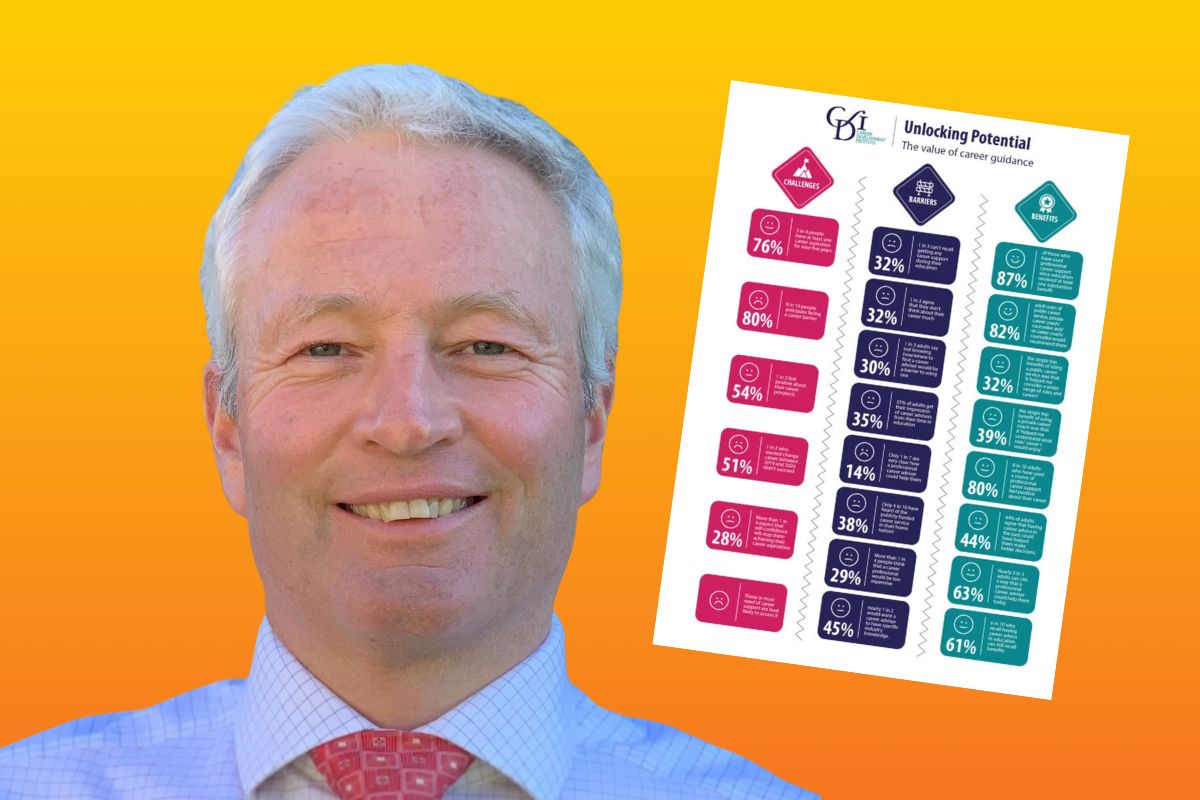

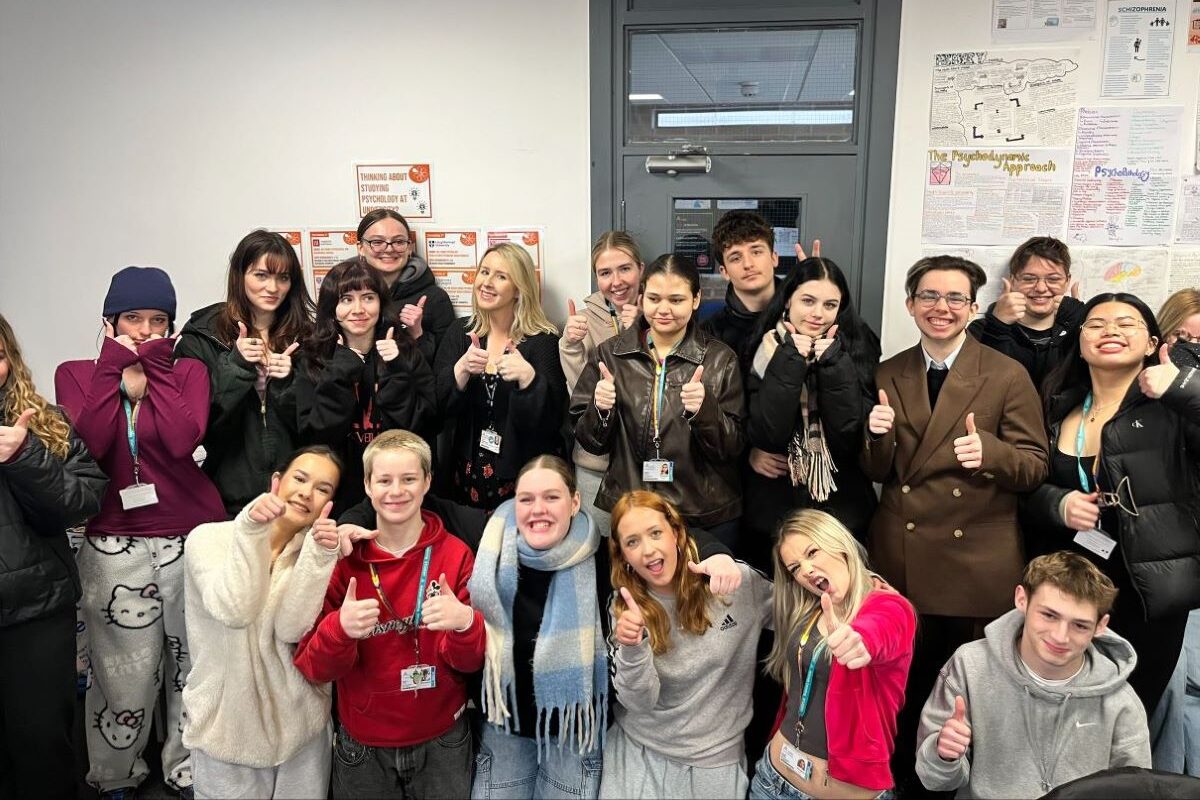
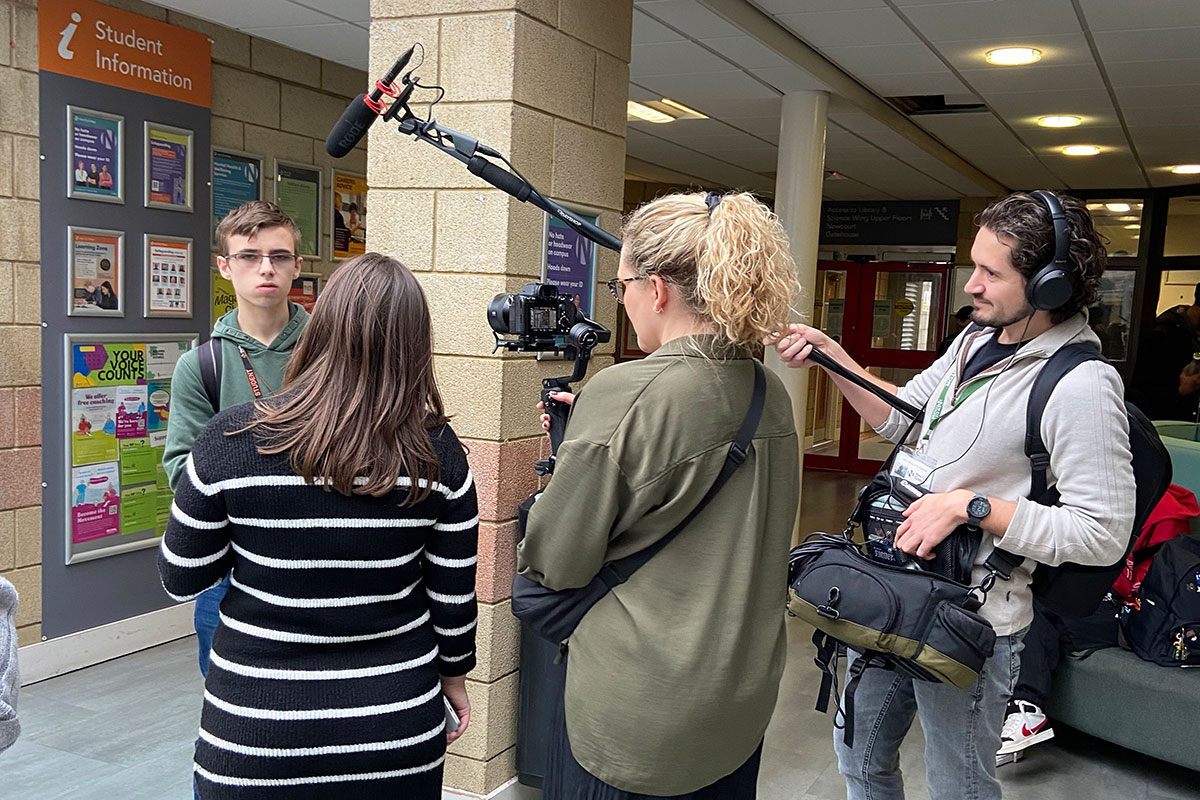
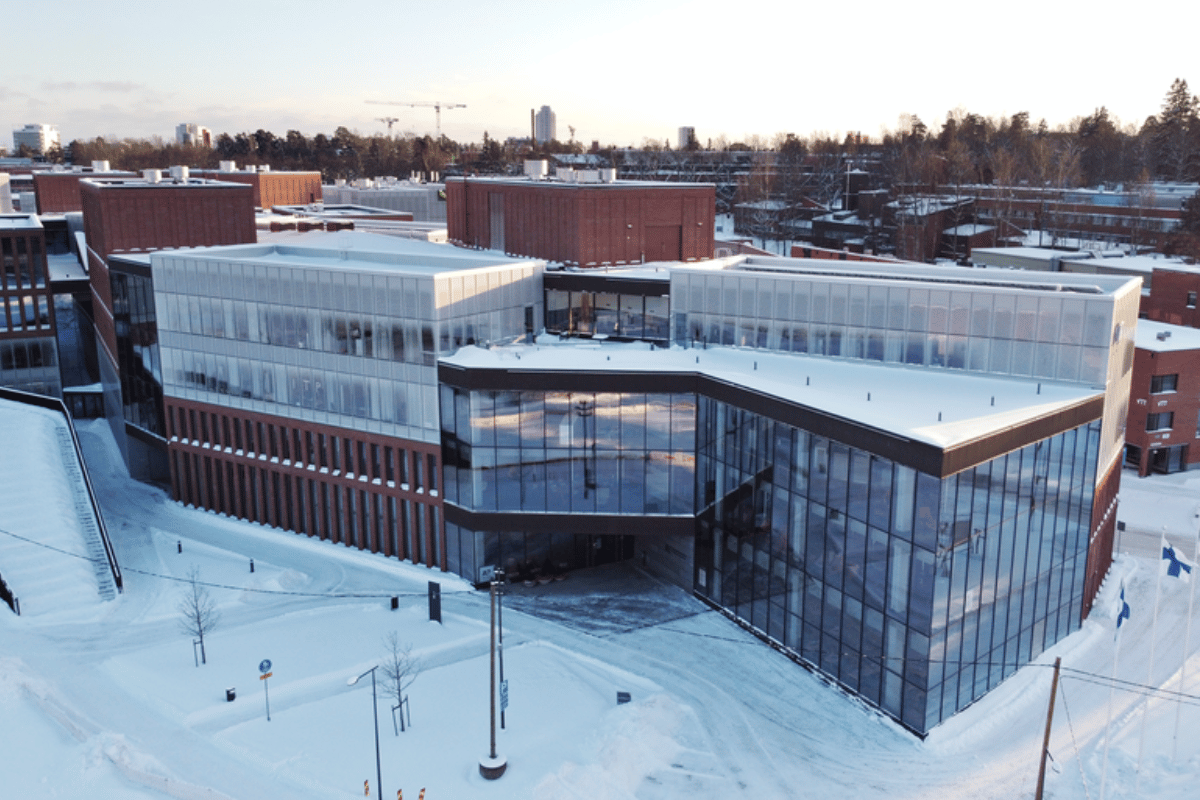
Responses